Why I Love the Bass Guitar
Growing up, I was often asked what a bass player does. These days, I’m often asked why I chose the bass guitar over any other instrument. Both questions are really two sides of the same coin and my answer about the bass guitar also reflects just about all of my big life decisions.
I love the bass guitar because it’s an instrument that is about intersections. It connects both harmony and rhythm, it can be both percussive as well as melodic. While it doesn’t shine like other high-voice instruments (such as the lead singer or guitar), it contains the most important low-voice rhythmic information. In other words, it’s about the groove.
With activism and entrepreneurship, I’m not much different. I don’t care about the flashy stuff. I ask: what will actually move things? What is the foundation that needs to be built or the cadence that should be set in order to sustainably create something that will last? And, how can that work be intersectional in a way that invites others to join in the movement?
People often quote the late Ruth Bader Ginsburg in saying, “Fight for the things that you care about,” however, many forget the qualifier that she adds: “But do it in a way that will lead others to join you.” It’s hard to dance to a guitar solo or vocal trills, just like it’s difficult to join social movements that are all passion but lacking in strategic action. Bassists and bricklayers might not always have the spotlight, but we are able to create space in a unique way that allows for others to join in.
Whether it is a band or a movement, there is always a role to play. The key is knowing what your role is, what space you occupy, and learning how to work with others by making space for them so what you create together can soar. After all, it really isn’t about the bass, it’s about the song. But remember, all movements begin with finding the right groove.
